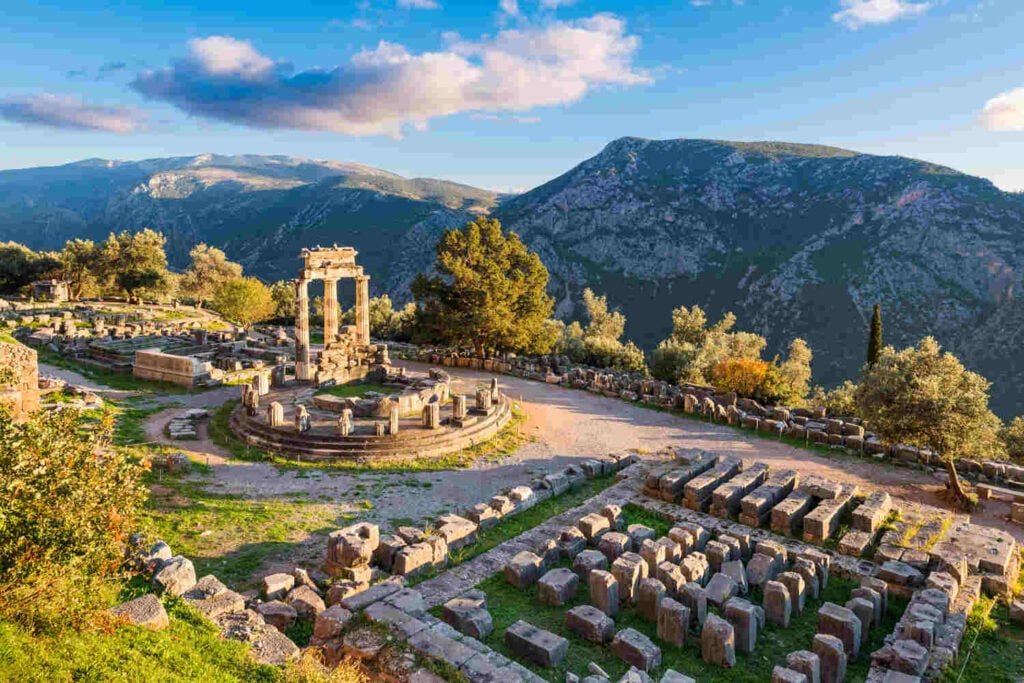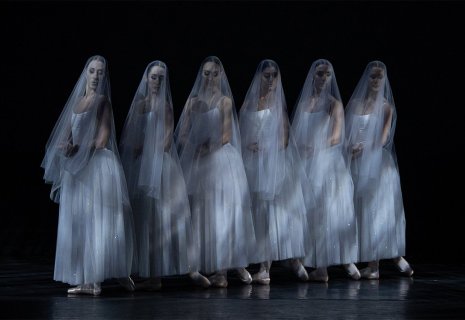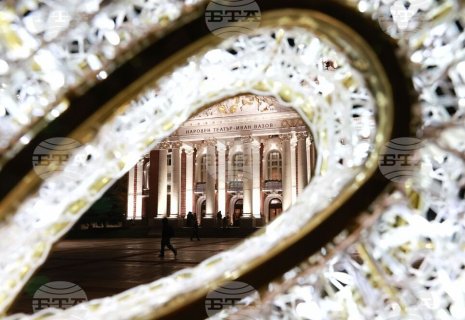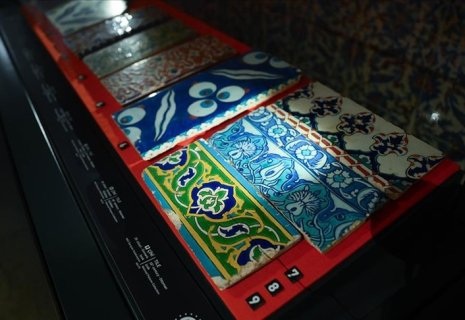
Historical places in Greece: journey through time
Greece, often referred to as the cradle of Western civilization, is a country steeped in history, mythology, and architectural grandeur. Its landscape is dotted with remnants of ancient civilizations, each telling a story of its past and contributing to the rich tapestry of human history. From majestic temples to ancient theaters, Greece offers a plethora of historical sites that attract millions of visitors each year. Here, we explore some of the most significant historical places in Greece, CE Report reports.
1. The Acropolis of Athens
Perhaps the most iconic symbol of ancient Greece, the Acropolis is a flat-topped rock that rises 150 meters above the city of Athens. Dedicating its significance to the goddess Athena, the Parthenon—a former temple—stands as a testament to the artistry and architectural innovation of the ancient Greeks. Constructed in the 5th century BC, the Parthenon features exquisite Doric columns and intricate sculptures, notably the frieze that depicted the Panathenaic procession. The Acropolis complex also includes the Erechtheion, the Temple of Athena Nike, and the Odeon of Herodes Atticus, which collectively narrate the cultural and religious life of ancient Athens.
2. Delphi
Nestled on the slopes of Mount Parnassus, Delphi was once considered the center of the world by the ancient Greeks. Home to the Oracle of Delphi, where priests and priestesses would provide prophetic advice to seekers, this site was a major religious sanctuary. Visitors are drawn to the ruins of the Temple of Apollo, dedicated to the god of prophecy, the ancient theater, and the stadium where the Pythian Games were held, rivaling the Olympic Games. The Delphi Archaeological Museum houses a vast collection of artifacts, providing insight into the site’s historical and cultural significance.
3. Olympia
Located in the western Peloponnese, Olympia is best known as the birthplace of the ancient Olympic Games, held in honor of Zeus. The site features impressive ruins, including the Temple of Zeus, which housed the famous statue of Zeus—one of the Seven Wonders of the Ancient World. Visitors can wander through the ancient stadium, which could hold up to 45,000 spectators, and the traditional gymnasium where athletes trained. The Olympia Archaeological Museum displays various artifacts, including sculptures and pottery, showcasing the rich athletic heritage of ancient Greece.
4. Epidaurus
The ancient theater of Epidaurus is renowned for its exceptional acoustics and architectural beauty, making it one of the best-preserved theaters from antiquity. Built in the 4th century BC, it could seat up to 14,000 spectators and remains a venue for performances, particularly during the annual Epidaurus Festival, where ancient Greek dramas are performed in their original setting. The site is also associated with Asclepius, the god of medicine, and includes ruins of his sanctuary, reflecting the medical practices of the time.
5. Knossos
Located on the island of Crete, the Palace of Knossos is one of the most significant archaeological sites of the Minoan civilization. Believed to be the legendary labyrinth inhabited by the Minotaur, the complex features elaborate frescoes, advanced plumbing systems, and multi-story buildings, showcasing the sophistication of Minoan architecture and culture. The site gives visitors insight into the social, political, and artistic life of one of the oldest civilizations in Europe.
6. Mycenae
Once a major center of Greek civilization, Mycenae is famous for its monumental architecture and as the legendary home of Agamemnon, a key figure in Homeric tales. Visitors can explore the impressive lion gate, the royal tombs, and the remnants of the cyclopean walls that encircle the acropolis. Mycenaean civilization is often regarded as the precursor to classical Greek culture, and the archaeological findings in Mycenae have significantly contributed to our understanding of this transition.
7. Corinth
The ancient city of Corinth, strategically located between the Peloponnese and mainland Greece, was a powerful city-state known for its wealth and cultural influence. The Acrocorinth, a towering hill fortress, offers stunning views and reveals the remnants of various temples and structures that were built over centuries, including the Temple of Apollo, known for its impressive Doric columns. Corinth also has a rich history of trade, politics, and religion, making it a captivating site for those interested in the complexities of ancient Greek society.
Conclusion
Greece’s historical places are not merely remnants of the past; they are vibrant reminders of a rich cultural heritage that has influenced art, philosophy, politics, and athletics even today. Each site tells a unique story and offers insights into the lives of the ancient Greeks who shaped the world as we know it. Whether exploring the ruins of the Acropolis, witnessing a performance at Epidaurus, or wandering through the winding streets of Delphi, visitors to Greece are sure to find themselves captivated by the timeless allure of its historical treasures. As we walk through these ancient pathways, we are reminded of our shared human journey and the legacies that continue to inspire generations.























